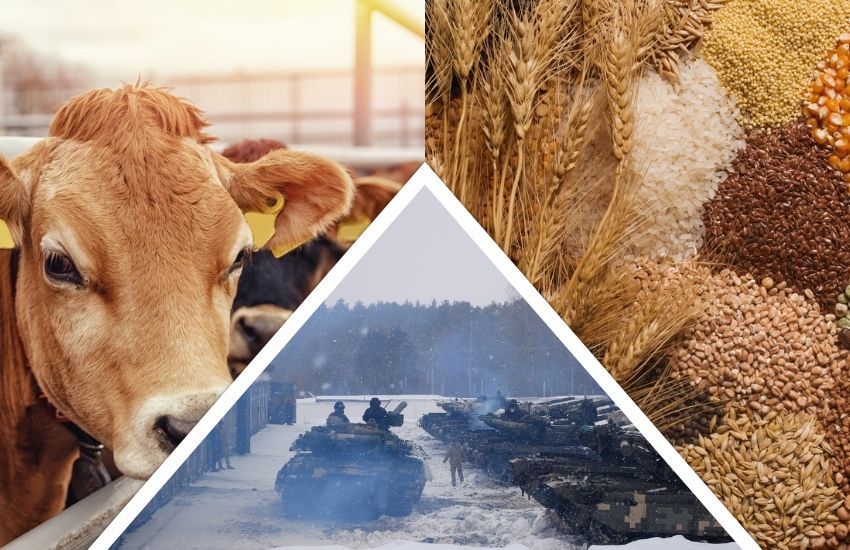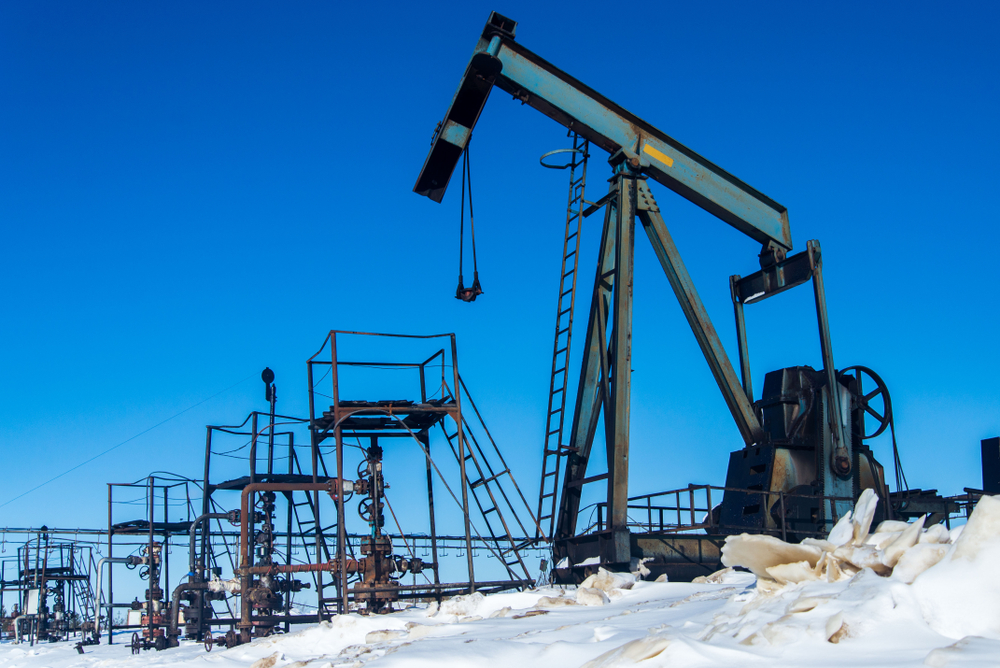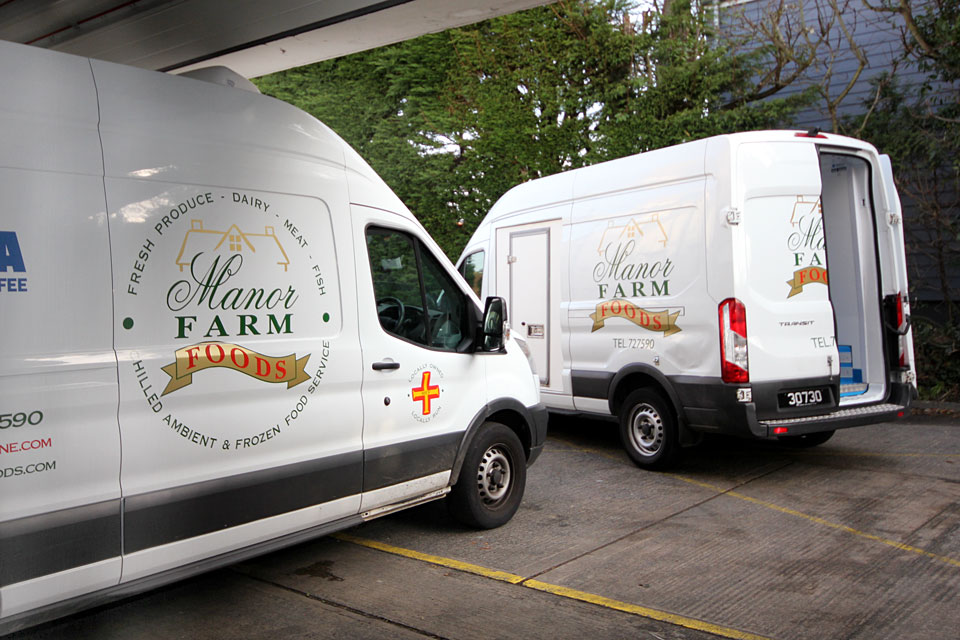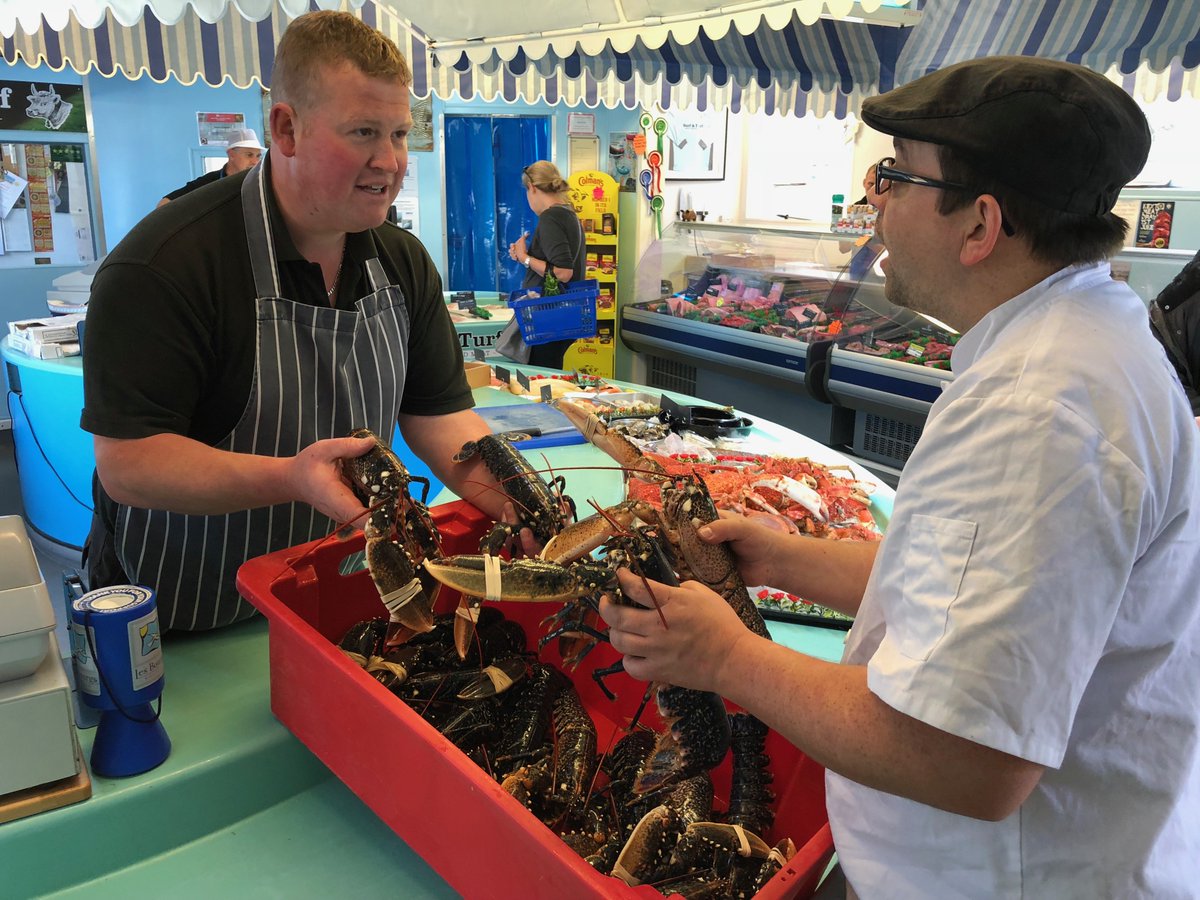


Some local food suppliers and retailers are anticipating a rise in food costs across the Bailiwick because of the on-going conflict between Ukraine and Russia – against a backdrop where rising inflation is already increasing the cost of living in the West.
Ukraine is integral to the global food system, contributing more than 10% of the global wheat market and 30% of global exports alongside Russia. The country has long been labelled the “breadbasket of Europe,” and it is also the world's largest exporter of sunflower oil.
With these exports affected by the conflict, there are growing global and local concerns that the cost of staple foodstuffs may be set to suffer substantial price increases.
New international restrictions on the purchase of Russian gas and oil are also set to intensify pressures on the fertilisers needed to grow an adequate yield of crops, as well as the transport of goods through the supply chain.

Pictured: This week the United States said they would halt all imports of Russian oil, with similar sanctions also agreed between multiple European nations.
Grant Le Tissier, Managing Director of Manor Farm Foods, claimed that with any war “there will always be disruption, but we are far enough east to not see the full effects".
“Fuel prices are one element, you need oil and gas to transport the food across the continent, and then another thing is that obviously packaging is all made of oil,” he said.
Despite Guernsey’s geographical distance from the conflict Mr Le Tissier argued “prices will skyrocket".
He stated that his business is soon expecting a price increase on bacon, stating there could be as much as a “15% rise on the cost".
“A lot of bacon is produced on the Ukraine-Russia border, with many factories and abattoirs very close to the problem.”

Pictured: Manor Farm Foods is a local food wholesaler, supplying multiple businesses with fresh meat, fruit and vegetables, grains and other products.
Mr Le Tissier said the price of wheat would also have major knock-on effects, given that it is the predominant grain used to feed animals. Due to this, animal products are also expected to go up in price.
When asked about the possibility of fertiliser shortages for local farmers, Mr Le Tissier claimed that any shortage would undoubtedly affect crop yields.
“This is not just a problem for the Channel Islands, it’s a global problem. Without fertiliser you get one, not two,” he said.
“Farmers will know the percentage difference to crop yields when not using fertiliser: we had the pandemic and now war – we’re in unprecedented times.”

Pictured: Jason Hamon claims myriad factors have been influencing global food prices over the past few years.
Jason Hamon who owns Surf and Turf, a local fish and meat market, echoed much of what Mr Le Tissier had said.
He said, whilst he hadn’t seen an immediate effect on costs because of the war, “the current prices seem to be rising because of covid-19, Brexit, and of course now the war".
He listed “food, animal feed, packaging, and freight,” as areas often affected by major global crises.
“Who’s to say prices won’t rise in the coming weeks."
Comments
Comments on this story express the views of the commentator only, not Bailiwick Publishing. We are unable to guarantee the accuracy of any of those comments.